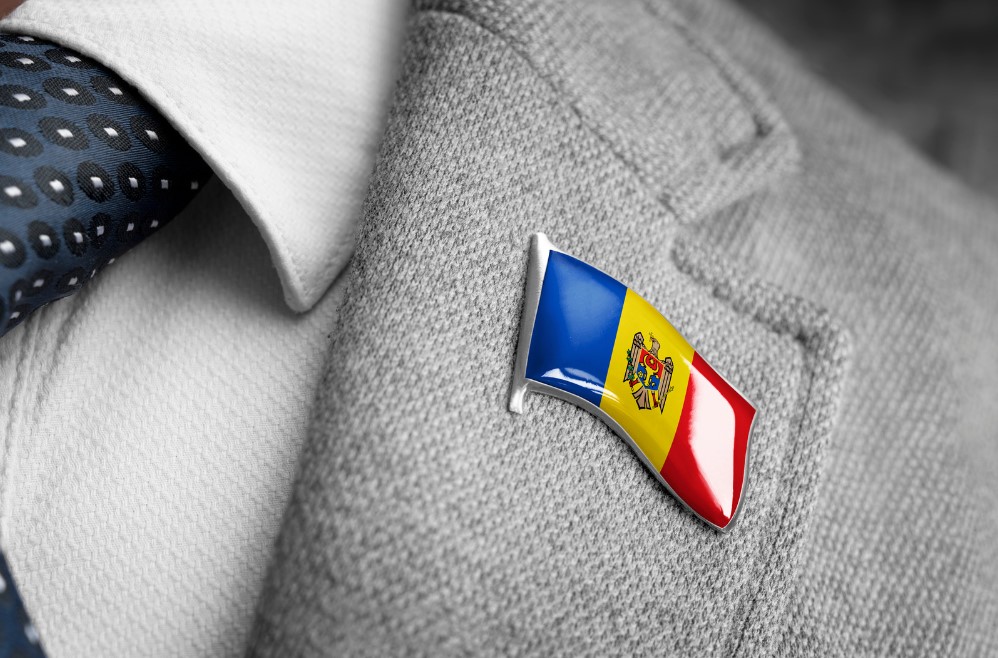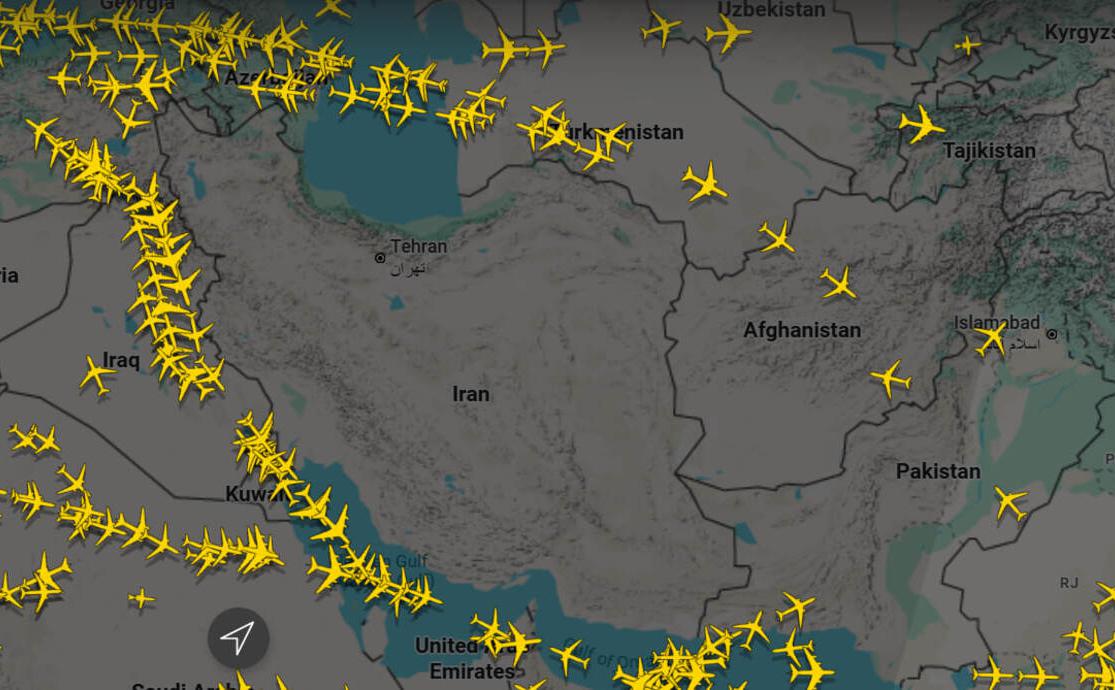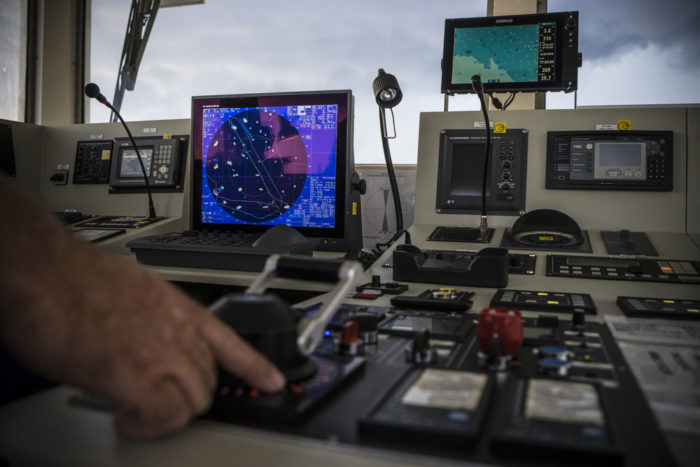In Chișinău, the court has ordered the preventive detention of Ion Criangă, the head of the legal department of Moldova's parliament, for 30 days. This decision followed Criangă's arrest along with a border police officer on July 31, in connection with a state treason and conspiracy case, which also led to the expulsion of a Russian diplomat. The Moldovan Intelligence and Security Service (SIS) and the Prosecutor's Office for Organized Crime and Special Cases (POOCC) conducted a search in the parliament, leading to the suspects' detention.
Ion Criangă and his colleague are accused of gathering and transmitting information detrimental to Moldova’s interests to a Russian embassy employee in Chișinău. The court has not yet reviewed the prosecutors' request to place the second suspect in custody for 30 days. Under Moldovan law, suspects can be held for up to 72 hours without a court order.
Following the arrests, Moldova’s Ministry of Foreign Affairs summoned Russian Ambassador Oleg Vasnetsov on August 1 and notified him of the expulsion of a Russian diplomat, who must leave the country within 48 hours. The ministry's statement specified that the Russian diplomat was engaged in activities incompatible with their status. Although the diplomat’s name was not officially disclosed, sources suggest it might be Dmitry Kelov, the deputy military attache.
The Russian Foreign Ministry condemned Moldova’s decision as a "hostile step" and promised retaliatory measures without providing further details. Moldovan President Maia Sandu, who came to power in 2020, emphasized the importance of strict punishment in the state treason case, highlighting the need to uphold the law.
Moldova, aiming to limit Russian influence on its politics, previously expelled 45 out of 70 Russian diplomats in August 2022 after antennas suspected of information gathering were found on the embassy's roof. Recent investigations have revealed connections between remaining diplomats and Russian intelligence agencies. Since Russia’s aggression against Ukraine began in February 2022, Moldova has actively supported the West and hosted Ukrainian refugees. In June 2022, Moldova received EU candidate status and began accession negotiations.




















